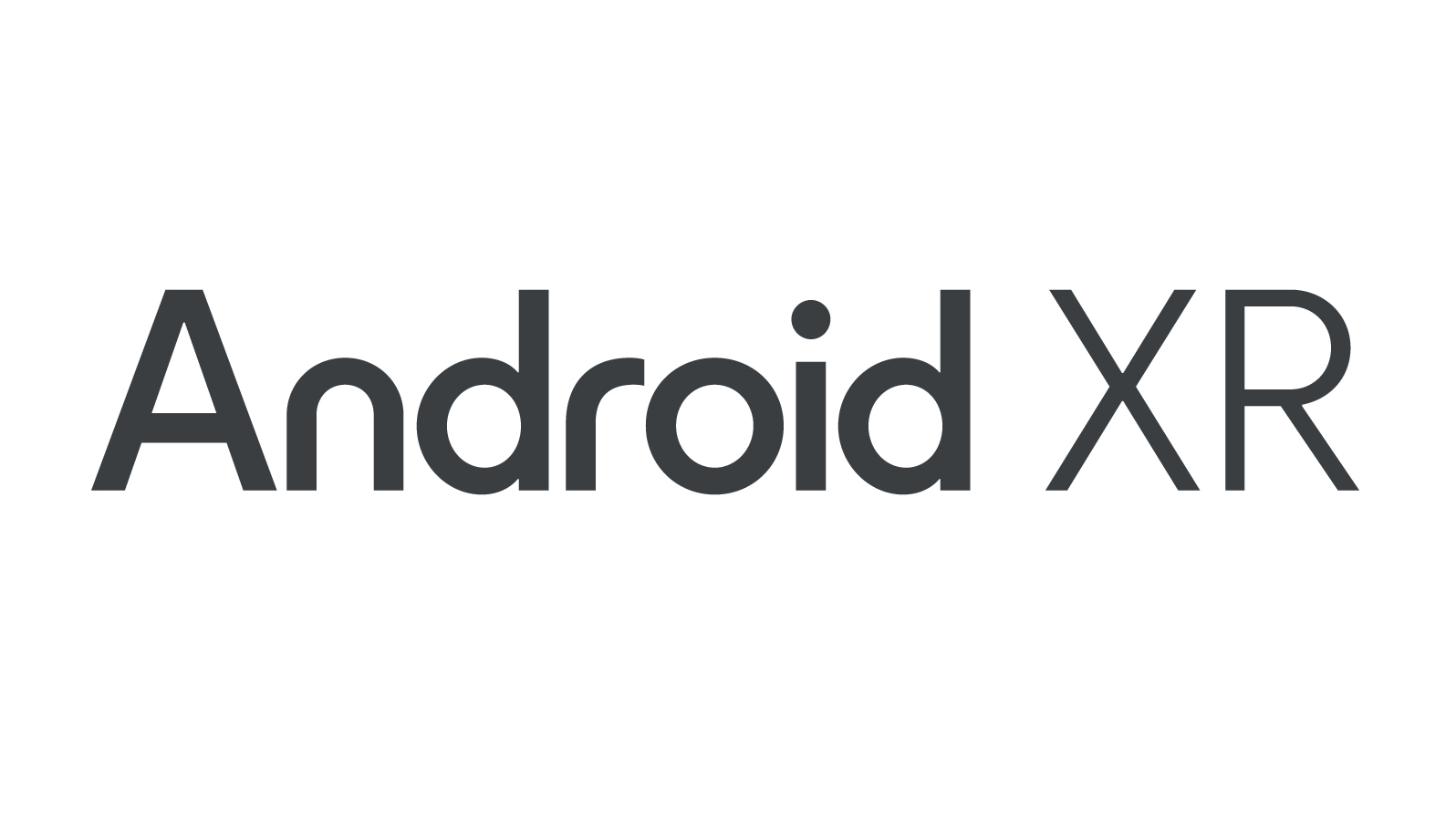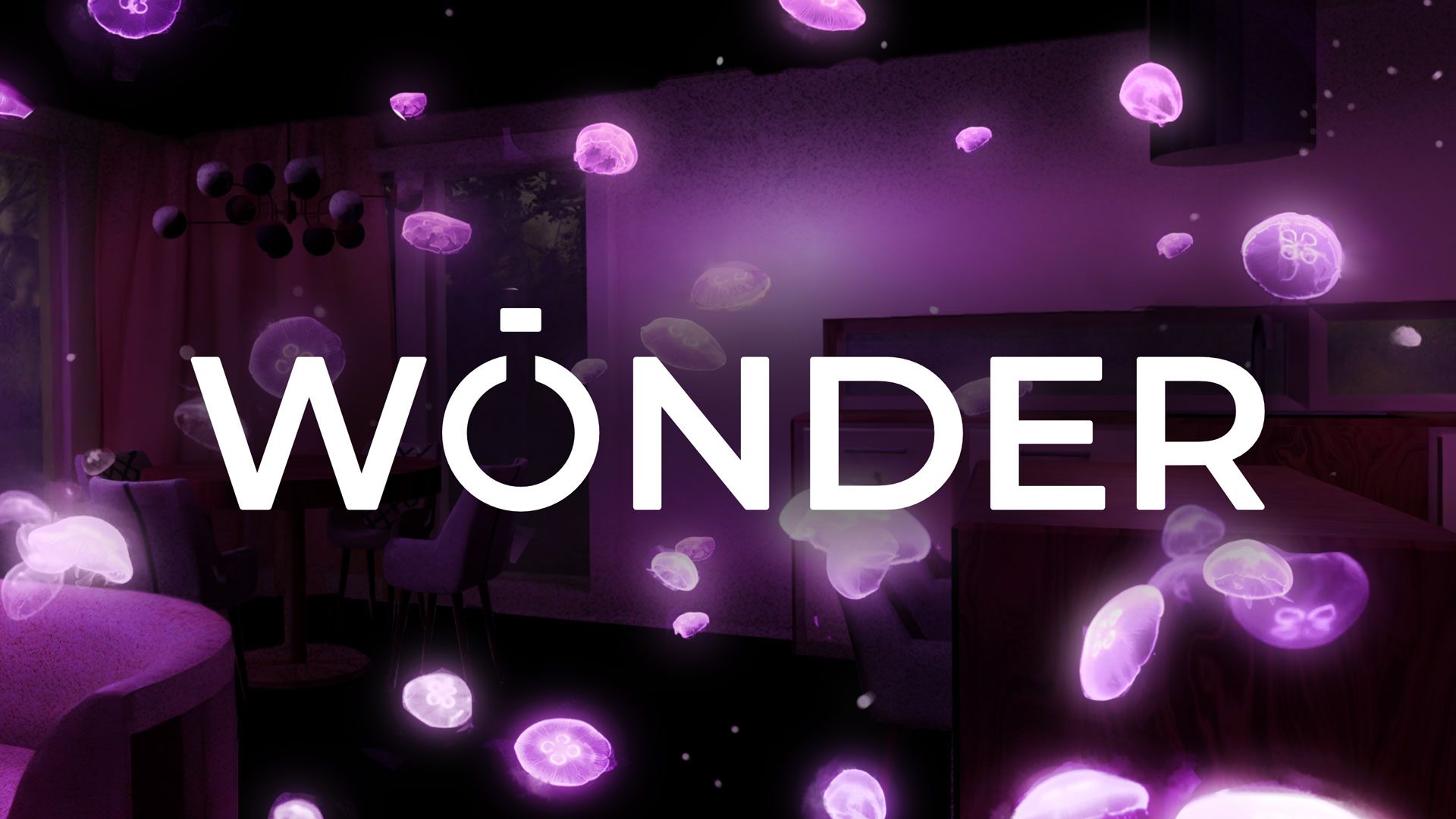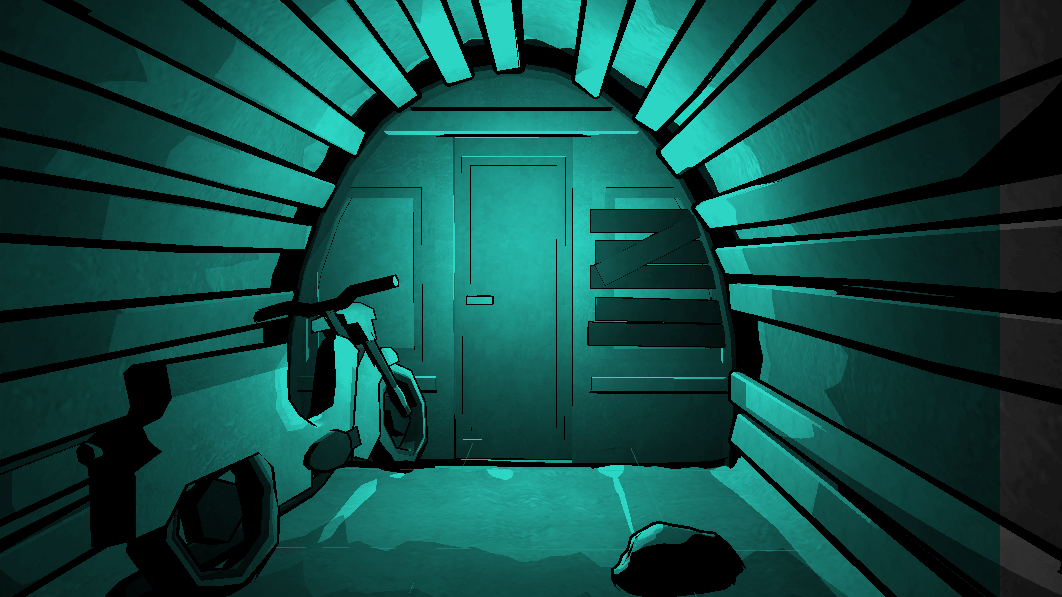There’s a bit of unrest brewing among VR developers lately, as getting their games noticed on the Quest platform is turning into a major headache. Developers are rallying for Meta to step up and address these challenges before things take a dive for their businesses. Let’s dive into their main criticisms, explore potential solutions, and understand why this conversation is crucial.
The Merging of App Lab
The Problem
The separation between the Meta Store and the “App Lab” for indie developers has always been a sore spot for many. This division essentially categorized developers into Class A and Class B, limiting equal opportunities for visibility and success. When Meta decided to integrate App Lab into the main Quest Horizon Store, there was excitement—finally, a chance for all developers to stand on equal footing!
However, this move came with unintended consequences. The Horizon Store wasn’t quite prepared for this influx, leading to a clutter of unremarkable content cluttering the store’s home page. People voiced their frustration when suggested games turned out to be poor imitations of popular titles, like the infamous “Orilla Tag” resembling “Gorilla Tag.” The recommendation system seemed to be giving more visibility to lackluster content rather than showcasing the unique creations from talented indie developers.
On top of that, the store’s search functionality is causing its own set of headaches. It’s not uncommon for users to struggle with finding games, even with partial name searches. This flaw leads to missed opportunities for developers to reach potential buyers who might have seen their game elsewhere but can’t easily find it in the store.
A Possible Solution
For the search issues, the fix is straightforward: Meta should prioritize enhancing their search algorithms. Considering the technological capabilities and resources at Meta’s disposal, it’s perplexing this hasn’t been addressed yet.
When it comes to the recommendation engine, it’s not as simple. We’ve long been amused by mismatched recommendations like “Since you liked Arizona Sunshine, try Hello Kitty Word 2000” since the days of Gear VR. The challenge lies in crafting a system that accurately pairs user preferences with game type, user history, and quality reviews.
A plausible solution might include a balanced approach to recommendations, merging acknowledged high-quality games with lesser-known gems. This way, indie titles have their chance to shine based on user feedback and engagement, nudging them up the ranks if players respond well to them.
The Visibility of Horizon Worlds
The Problem
A continuous effort for Meta has been to nail down a successful social VR application. Horizon Worlds was launched with the expectation to revolutionize social VR, yet it has struggled to amass users, falling behind competitors like VRChat and Rec Room. In response, Meta seems to be trying to drive visibility for Horizon Worlds at every corner.
Take, for instance, the Meta Horizon app, which overwhelmingly promotes Horizon Worlds over actual games. This persistent push diverts attention and sales away from other store content. There’s been chatter suggesting that some users opt for free, mediocre Horizon Worlds knockoffs over the original games, which is puzzling and problematic for developers.
Even from a legal standpoint, Meta might be treading on thin ice by heavily promoting its own social VR app over others like VRChat. The EU’s Digital Markets Act could spotlight this preference as problematic for competition.
A Possible Solution
Meta might want to reevaluate its interface designs and prioritize store content visibility. Removing Horizon Worlds results from the main game search would streamline user searches. If social VR is still a priority, a separated “Featured Worlds” section could highlight stand-out social experiences without overshadowing the main store’s offerings.
The Store Cut
The Problem
Currently, Meta skims off 30% from all store transactions. For indie developers, this is quite steep and eats into their already tight budgets, making it tough to maintain sustainability.
A Possible Solution
While it’s clear managing a store is costly, and Meta uses this revenue to subsidize hardware, developers need some relief. Perhaps a reduced fee for product launches or startups could ease the burden, or a tiered system based on sales thresholds.
Encouraging and sustaining a lively, innovative indie community is crucial for the Quest platform’s longevity. Indie developers have churned out some of VR’s most beloved titles, like “Beat Saber” and “Gorilla Tag.” It’s essential to make sure they thrive, or it might push developers to explore other platforms or non-consumer projects, reducing the platform’s diversity.
It’s reassuring, though, to see Meta’s acknowledgment of these developer concerns, as mentioned by insiders. Supporting developers will only fortify Meta’s influence in VR and ensure its continued growth and innovation.
Despite these points of friction, it’s important to note the positive impact Meta has had on the XR landscape by creating a massive ecosystem with the Quest headset. Yet, by working collaboratively with us—developers and platform builders alike—there’s potential to craft a thriving, prosperous metaverse. Let’s hope Meta balances its product ambitions with nurturing this vibrant developer community.












































